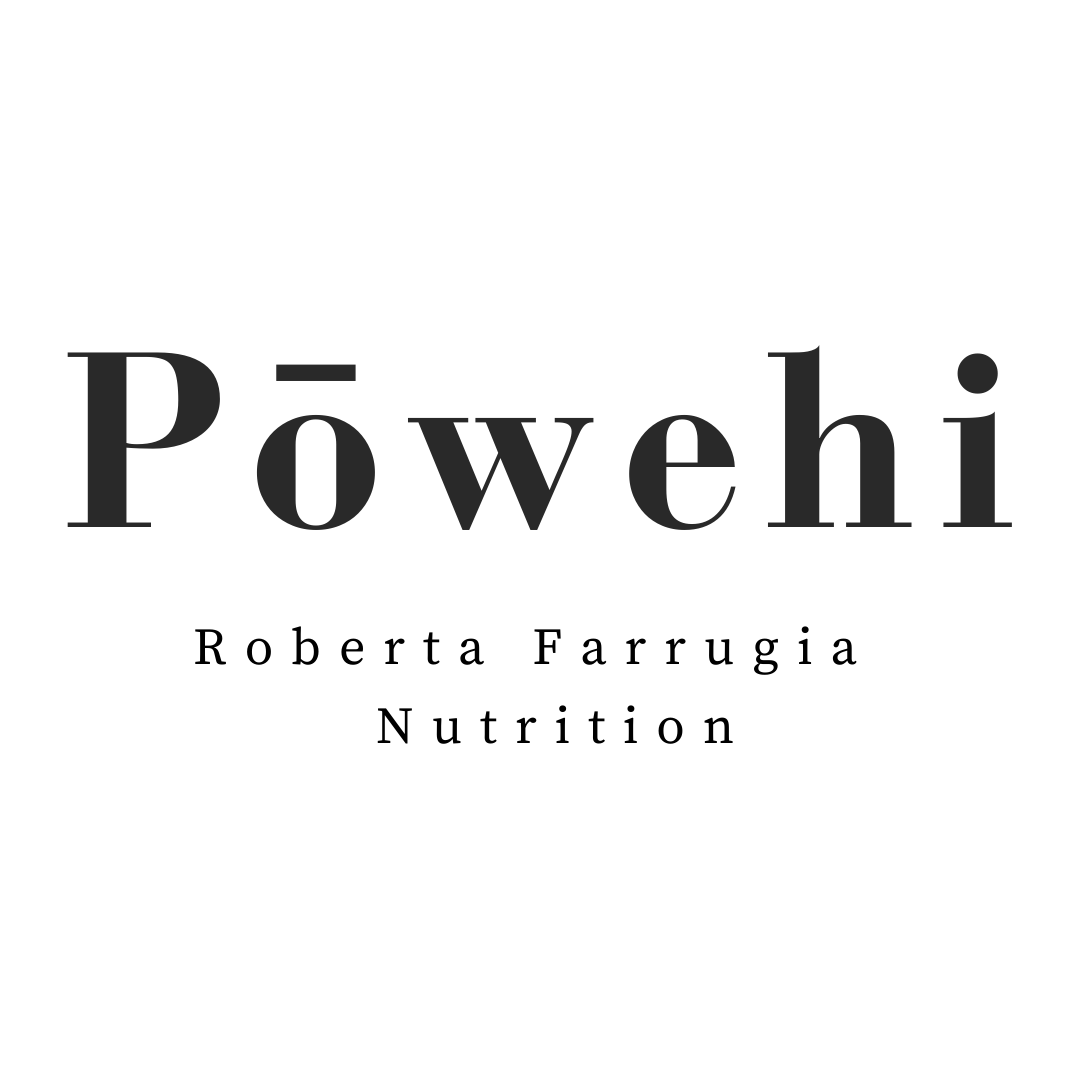The statistics speak volumes! Over 75% of men and 60% of women in Malta are overweight, with childhood obesity reaching alarming levels. More than 45% of 11-year-old boys in Malta are overweight; the highest in Europe. These figures aren’t just numbers; they represent a growing health crisis that demands immediate action.
However, the path forward isn’t about crash diets or trendy eating plans. It’s about adopting sustainable, evidence-based nutrition practices that empower families to make smarter, healthier choices. This approach focuses on science, whole foods, and education; key tools in reversing the obesity epidemic and creating a healthier Malta.
Why Is Obesity So Prevalent?
Malta’s high obesity rates are tied to a combination of factors, including:
🔸Technology has reduced physical activity levels, especially among children.
🔸Ultra-processed foods dominate many households, offering convenience at the cost of nutrition.
🔸Social media and advertising promote conflicting and often misleading dietary advice.
Obesity isn’t just a cosmetic concern. It’s a risk factor for chronic illnesses like type 2 diabetes, cardiovascular disease, and even certain cancers. Addressing this issue requires more than surface-level changes; it demands a cultural shift toward healthier living.
In my practice, I emphasize the value of evidence-based nutrition. Why? Because much of what we hear about food and diets is influenced by marketing, not science. Evidence-based nutrition relies on research from reputable studies and medical journals, cutting through the noise of fads and misinformation.
What do I mean?
Diet trends like avoiding all carbs or eliminating fats entirely are often overly simplistic. Instead, research shows that healthy fats (e.g. avocados, nuts, and olive oil) and complex carbohydrates (e.g., whole grains and legumes) are essential components of a balanced diet.
And superfoods might sound appealing, but there’s no single food that can compensate for an overall poor diet.
When families have access to accurate, science-backed information, they’re empowered to make choices that genuinely support their health.
One of the biggest barriers to healthy eating is the prevalence of ultra-processed foods. These include sugary cereals, packaged snacks, fast food, and ready-made meals. They are designed to be convenient and palatable but are often loaded with excess sugar, unhealthy fats, and chemical additives that offer little to no nutritional benefit.
Studies have linked ultra-processed food consumption to obesity, diabetes, and other chronic conditions.
Here’s how to start transitioning to healthier options:
1. Stock up on seasonal fruits, vegetables, lean proteins, and whole grains.
2. Preparing meals from scratch allows you to control ingredients and portion sizes.
3. Kids who participate in meal prep are more likely to develop a positive relationship with food.
Implementing healthier eating habits doesn’t have to be overwhelming.
Small, consistent steps can make a big difference over time:
1. Replace sugary drinks like sodas and juices with water or unsweetened herbal teas. Keeping everyone hydrated is an easy win for health.
2. Dedicate time each week to plan meals. This reduces reliance on takeout and ensures balanced nutrition.
3. Swap chips and sweets for nuts, seeds, or fresh fruit.
4. Explain the benefits of healthy eating in simple terms. For example, “Eating vegetables gives us the energy to play and grow.”
Malta has the resources to address its obesity crisis, but change starts at home. Schools, workplaces, and government policies can support the cause, but parents and caregivers are the most influential role models for children.
As a holistic nutritionist, I believe in addressing health from multiple angles. Nutrition is a cornerstone, but physical activity, stress management, and sleep are equally important. Holistic practices also emphasize mindfulness around eating. Encouraging families to eat together, avoid distractions like screens during meals, and truly savour their food can improve digestion and satisfaction while reducing overeating.
Malta’s obesity crisis is a wake-up call, but it also presents an opportunity. By making smart, evidence-based dietary choices, we can reverse the trend and set a healthier course for future generations.
Sources: World Health Organization’s European Obesity Report 2022.


